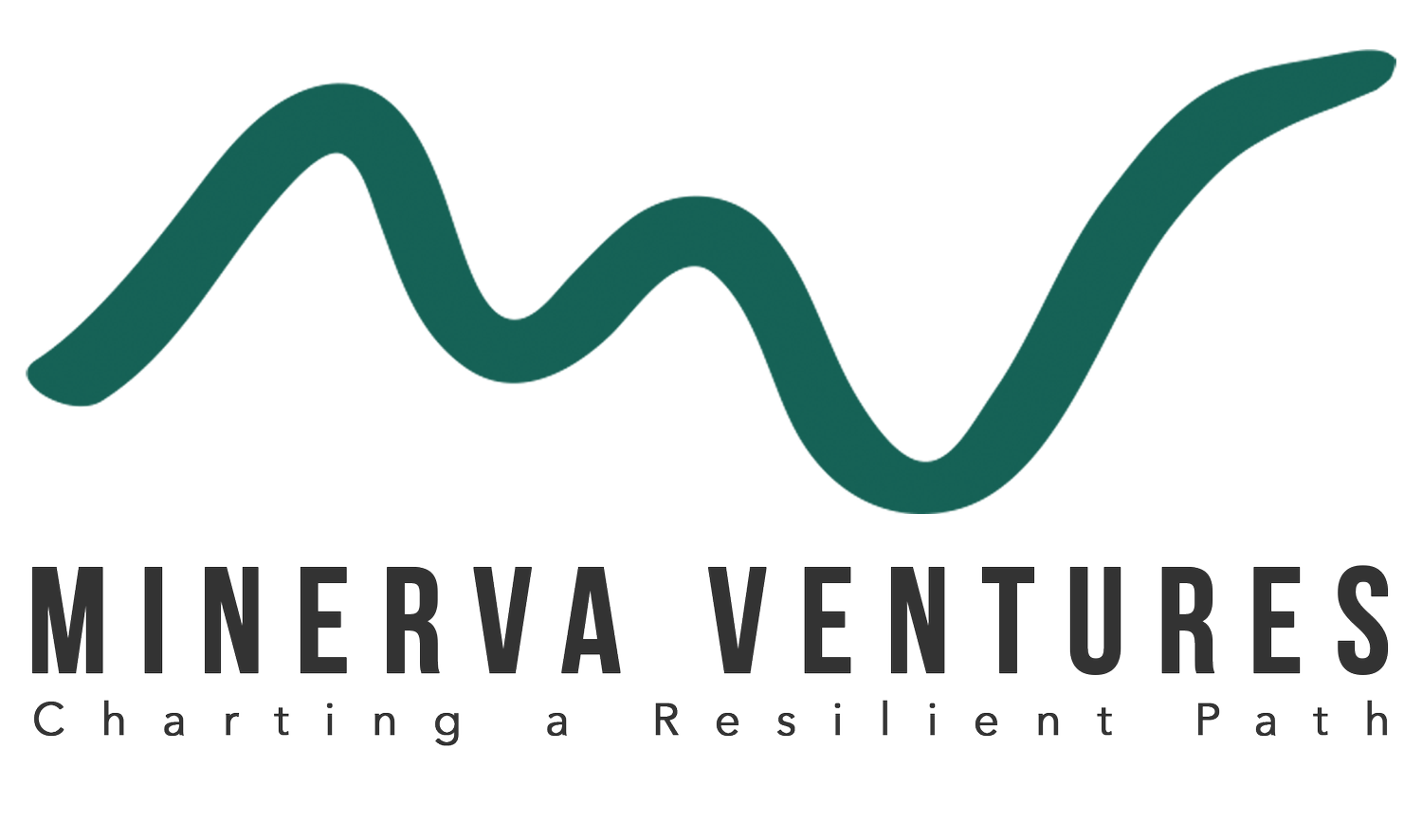Is It an Emergency Yet?
2017 was the third warmest year on record. The National Oceanic and Atmospheric Administration, NOAA, the nation's weather and climate agency, announced that economic losses from 16 weather-climate disasters exceeded $1 billion and totalled $306 billion, a new record.
When do we decide that we are in the throes of a planetary emergency? There is no one in charge of fixing the systems we have broken. Undermining the stability of the climate systems leads to the disruption of weather, water, agriculture and social stability. When people are facing uncertainty and suffering they may turn to tyrants who promise certainty and the reassurance of simplistic solutions.
The recent wildfires in Northern and Southern California resulted in $12 billion in insurance claims but an estimated total cost of $180 billion, according to Dr Joel N. Myers, founder, president and chairman of AccuWeather. These costs include firefighting, business interruption, property damage and other factors. They do not include loss of life and the disintegration of the social fabric that occurs when entire neighborhoods are lost, jobs vanish and many people move away in search of housing and employment.
Each of us already has responsibilities and more work to do than we can manage. And yet, failing to take significant action to drastically reduce greenhouse gas emissions and to prepare for accelerating climate impacts means that we are ever more vulnerable. We will continue to have to use public and private funds to rebuild or to relocate after disasters, rather than taking steps to prevent or lessen their impact.
Even deeper is the need to transform our take-make-waste hyper-short-term, “me first” economy. The drive to create an insatiable demand for more stuff, in order to meet sales quotas and to stimulate continual growth, means that we are using up the earth’s resources faster than they can be replenished, Plastic will soon outweigh all the fish in the sea. Fish populations are collapsing from over-fishing, toxic burdens, acidification and the decimation of coral reefs and other key marine habitats. Meanwhile, conflict and mass migration result from storms and droughts.
What a grim picture! Environmentalists and scientists worry that telling the truth about our predicament will make people despair for the future and give up hope. That would undermine the collective will to take meaningful action.
Does your company or community have a systematic approach to understanding –
How do these changes affect you?
How your actions are hurting or helping?
How you can protect yourself and your investments?
What are you doing to build resilience and turn the tide of climate change? Have you created and begun to implement a plan of action and measures to gauge success along the way?
Many individuals, communities and companies have made significant changes. Hopeful examples abound. Some are working to build a regenerative economy that builds natural, human and cultural capital, as well as physical and financial capital. Resilient agricultural practices range from permaculture to vertical farming. Community banking helps reduce the risk of massive financial debt at all levels of government, keeping cash and resources in communities and thereby making them stronger. Innovations in energy and water management and natural (or green) infrastructure help protect the utilities and other infrastructure on which we depend. Transportation systems that prioritize walking, biking, public transit and electrification of vehicles improve individual and community health while reducing greenhouse gas emissions. “More Love, Less Stuff.” People are enjoying creative pursuits and time with loved ones rather than focusing on accumulating possessions. Arts, music, sports, and gardening get people engaged and interacting.
Most nations of the world have joined together through the United Nations and the Sustainable Development Goals to try to drive towards a better future. While the speed may be too slow, at least nations and companies are trying to go in the right direction. Although we are very far from turning the tide of climate disruption, it is important to encourage one another along the journey, to celebrate success, to stimulate ingenuity and to appreciate the beauty of the earth we are entrusted to care for on behalf of future generations.
We welcome your stories of challenges and successes.

